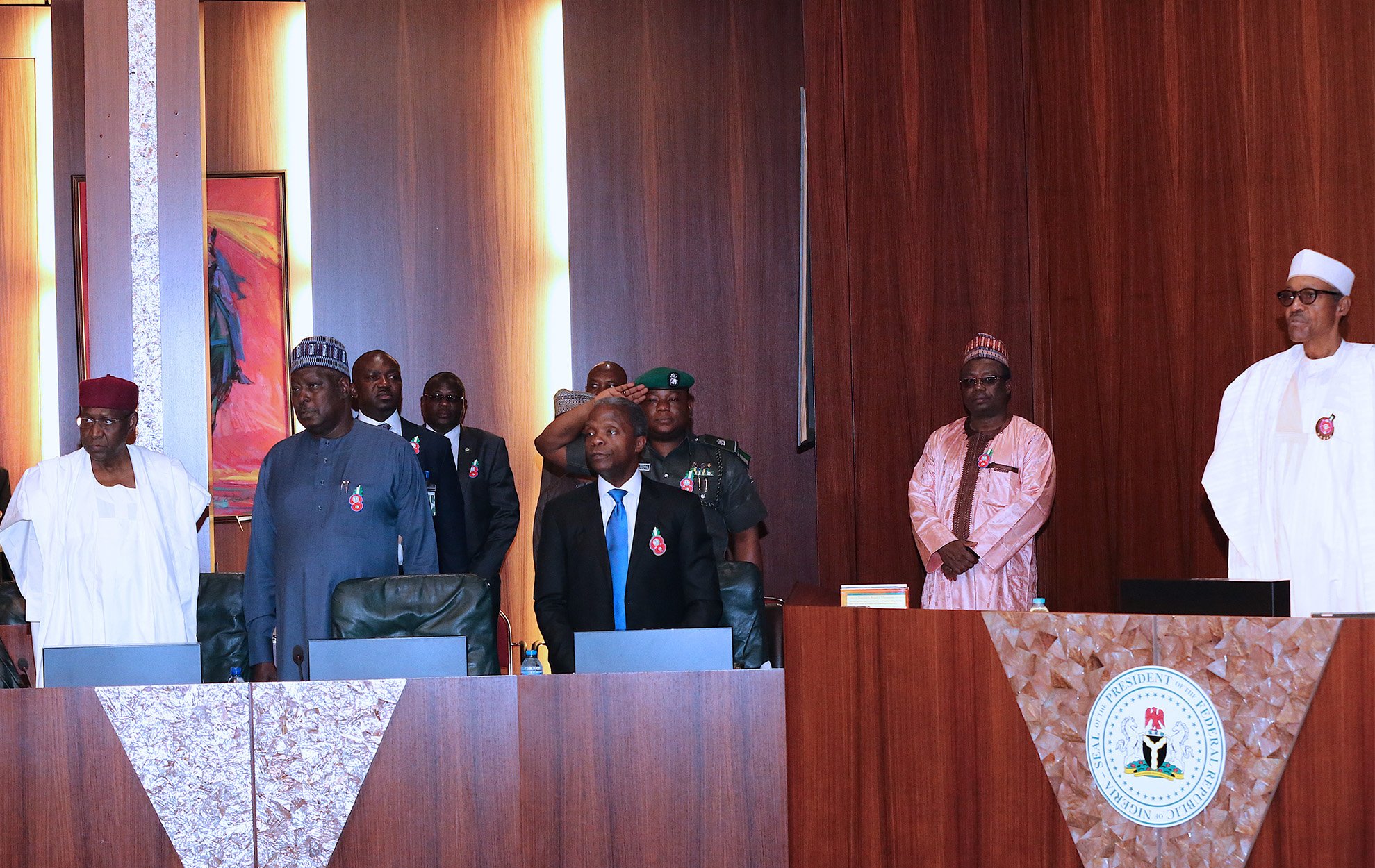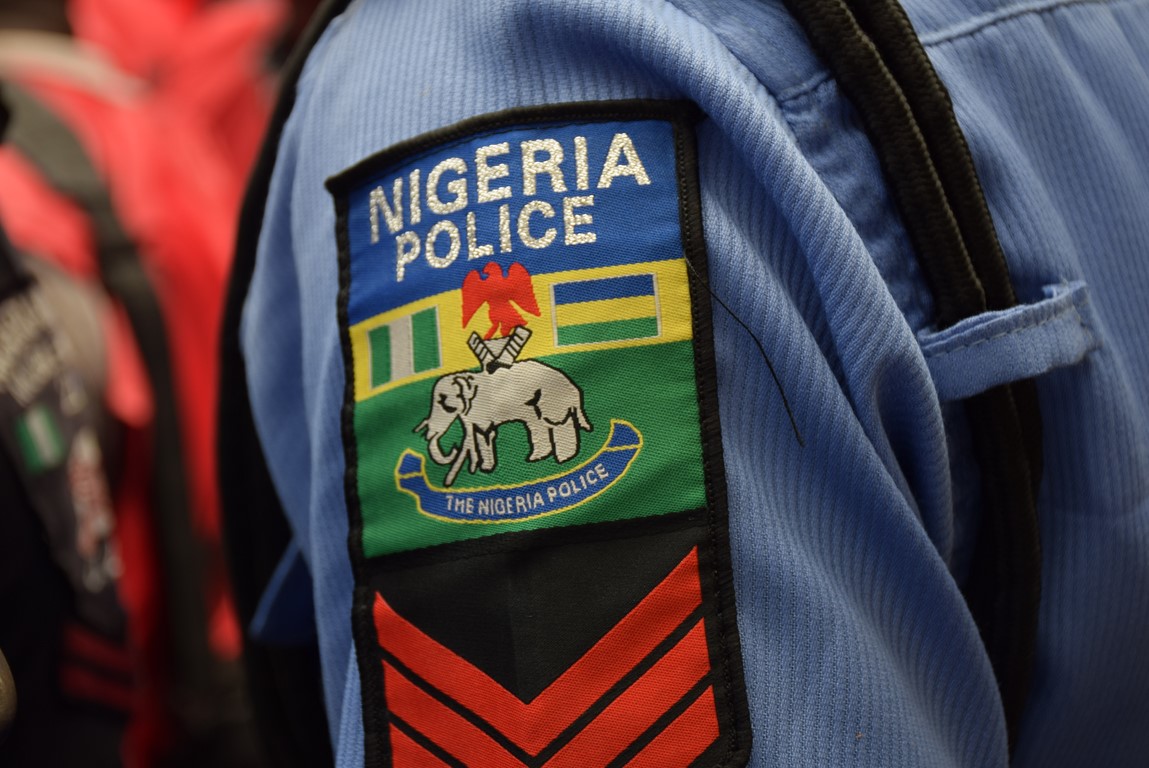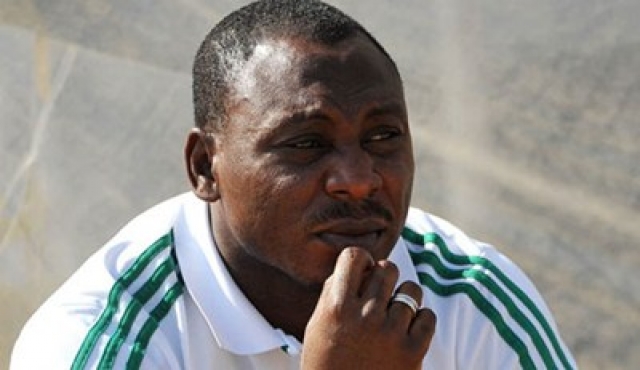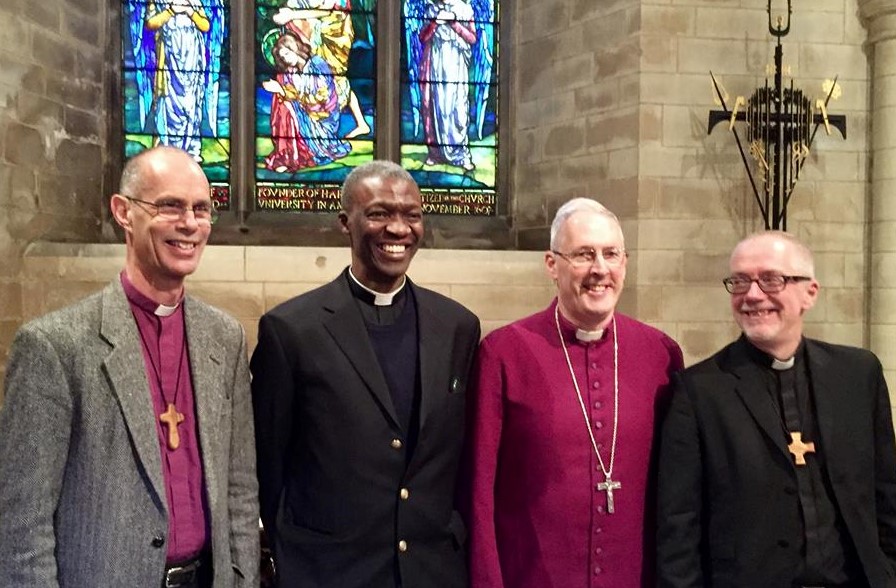By not providing the public with convincing reasons for some of its actions, the presidency has inadvertently exacerbated rumor-mongering, strife and all manners of analyses. This is not good for development.
Buhari’s last minute absence, in June, at the launch of the Ogoni cleanup exercise – which was a major campaign promise — and his not attending or sending a representative to the South-East Economic and Security Submit — an event he was made a guest of honor — send worrying signals, especially when there were public threats issued by Niger Delta militants and IPOB, respectively. The militants and IPOB warned the President of consequences if he dared to come to their soils.
In not using these events as opportunity to visit Rivers State and the south east – two major areas he hasn’t visited since he became president – the President inadvertently gave these groups that asked him not to come the recognition that they didn’t deserve.
But this is just one example where the President has failed to give satisfying reasons why he took some last minute decisions.
Advertisement
The most worrisome is in the appointment of Justice Walter Onnoghen as an acting Chief Justice of Nigeria (CJN).
Since Nigeria had never had a CJN from the south since 1985, the President’s delay in appointing a southerner as a substantive CJN gives room for all manners of analyses.
Not only had the President made history by appointing an acting CJN, Onnoghen has now spent over one and half month on that position. And if he is not confirmed by the Senate by February, then he will have to step down, giving room for the next senior jurist, who is from the north. (Section 321 (5) of the 1999 Constitution as amended says in the case of the acting CJN, for example, that he “shall cease to have effect after the expiration of three months from the date of such appointment, and the President shall not re-appoint a person whose appointment has lapsed”).
Advertisement
With the provisions of the constitution, Onnoghen’s appointment as the CJN looks dim.
Some PDP governors had alleged that that by appointing an acting CJN, instead of a substantive CJN, the presidency intends to hoodwink the acting CJN into doing its bidding.
And senior lawyers have expressed worries about the much talked about judicial reforms with a CJN who is not sure of his position. (One might not be able to engage in painful reforms when his or her position is not guaranteed.)
Many cannot see the urgency in the fight against corruption when the appointment of a substantive CJN is taking forever, and seems to be submerged in some kind of uncertainty.
Advertisement
Nigeria has never had an acting CJN, thus, the President might have reasons for making this aberration. Could it be because of numerous petitions and reports from aggrieved politicians? Who knows what information the President has that has not been properly conveyed?
After all, after the Supreme Court gave its verdict on Rivers election, an angry APC national chairman called for the investigation of Supreme Court judges. Of course, that probe had long commenced.
All these do not augur well for this administration. It is important that the presidency communicates very clearly its reasons for taking some actions that could lead to many interpretations, if not misinterpretations. The case of Onnoghen is a perfect example.
Government can afford to be secretive when an information could tell an enemy its next move, especially in wars, but not in matters like this.
Advertisement
Add a comment







